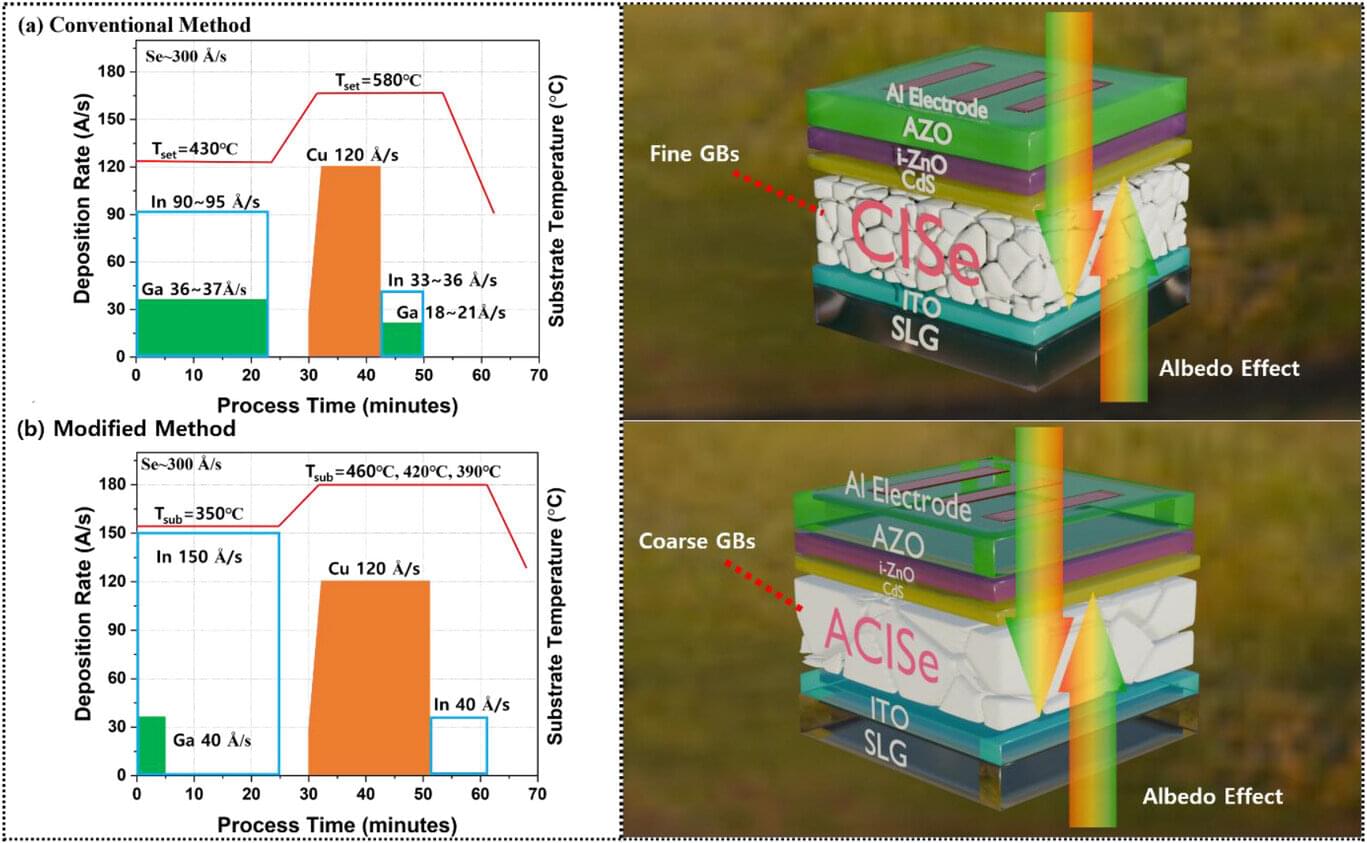Earth is spinning faster this summer, making the days marginally shorter and attracting the attention of scientists and timekeepers.
July 10 was the shortest day of the year so far, lasting 1.36 milliseconds less than 24 hours, according to data from the International Earth Rotation and Reference Systems Service and the US Naval Observatory, compiled by timeanddate.com. More exceptionally short days are coming on July 22 and August 5, currently predicted to be 1.34 and 1.25 milliseconds shorter than 24 hours, respectively.
The length of a day is the time it takes for the planet to complete one full rotation on its axis —24 hours or 86,400 seconds on average. But in reality, each rotation is slightly irregular due to a variety of factors, such as the gravitational pull of the moon, seasonal changes in the atmosphere and the influence of Earth’s liquid core. As a result, a full rotation usually takes slightly less or slightly more than 86,400 seconds — a discrepancy of just milliseconds that doesn’t have any obvious effect on everyday life.









